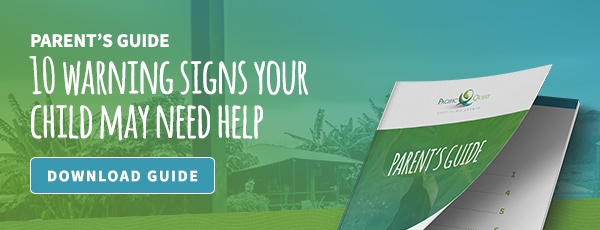“Consider the implications for students pulling all-nighters, emergency-room medical staff, military fighters in war zones and police officers on graveyard shifts.”
This statement comes from Stanford University postdoctoral fellow Andrea Goldstein-Piekarski. But what, exactly is she referring to?
Sleep, or lack thereof, is one of the most influential powers affecting our mental and physical well-being. A new study coming out of UC Berkeley further emphasizes this fact. The study proves that sleep deprivation lessens our ability to read facial expressions with accuracy. Don’t think it’s groundbreaking stuff? Think again.
Sleep Deprivation & The Brain
“Sleep deprivation appears to dislocate the body from the brain,” says professor of psychology and neuroscience at UC Berkeley, and senior author of the study, Matthew Walker. Results found that not only does the sleep-deprived brain have trouble distinguishing between threatening and friendly faces, but there is a disconnection in the neural link between the brain and heart that enables our bodies to process distress signals. A lack of sleep also creates a lack in appropriate heart-rate response when viewing various positive and negative facial expressions.
Adolescent Sleep Patterns
Adolescents are known for their erratic and sometimes odd sleep patterns, but it is crucial to know when a greater problem exists in order to help quickly prevent related issues. “Insufficient sleep removes the rose tint to our emotional world, causing an overestimation of threat,” says Walker. “This may explain why people who report getting too little sleep are less social and more lonely.”
Biological sleep patterns naturally shift later during adolescence, often making it difficult for teens to be able to fall asleep before 11 pm, according to the Natural Sleep Foundation. Teens also typically live different lives on weekdays vs. weekends, resulting in irregular sleep habits throughout the week, throwing off their biological clocks. Along with this, teens also need more sleep than adults—between 8 and 10 hours is optimal for proper functioning. Combine these facts together, and it’s clear why most teens do not get enough sleep.
Sleep Issues May Signal a Larger Problem
Teen sleep issues can sometimes predict several other problems, possibly related to drinking and drug use. These issues can also be a sign of teenage depression. Identifying a true sleep issue, and the subsequent problems resulting from it, is crucial to helping your teen lead a productive, risk-reduced life. Pacific Quest understands the value of a good night’s sleep. All students participating in both our adolescent and young adult wilderness therapy programs get at least 9 hours of sleep every night. A set schedule works to reset their natural circadian rhythm, so students can begin to get rest that is necessary for meaningful change to take place during waking hours. Once students learn to manage their sleep issues, they are able to allocate more energy on self-care, emotional issues and daily responsibilities.
Irregular young adult and adolescent sleep patterns are just one sign your child may need help. To learn about more signs, download our free Parent’s Guide here.
